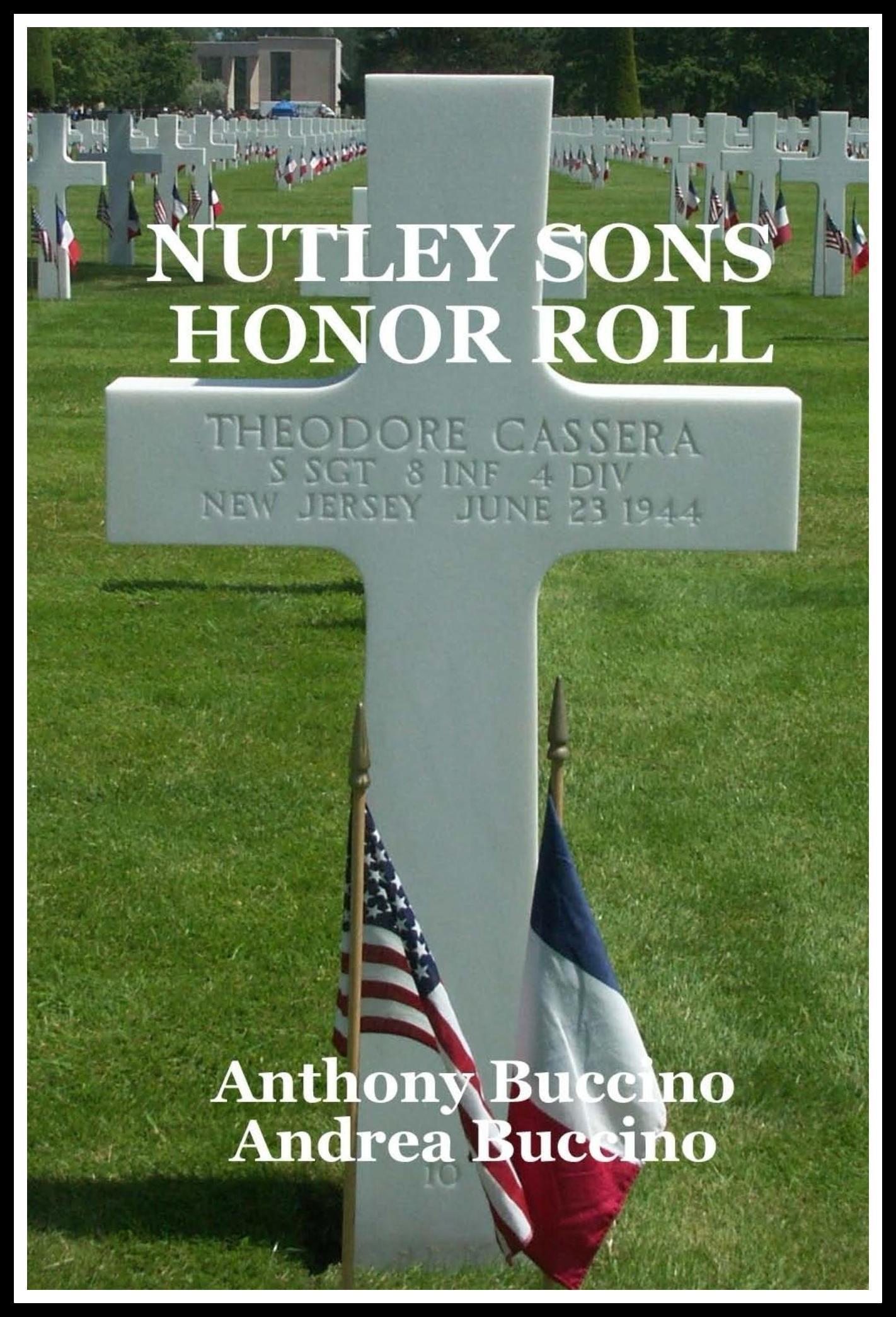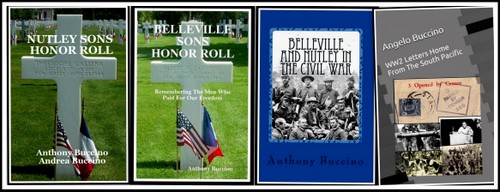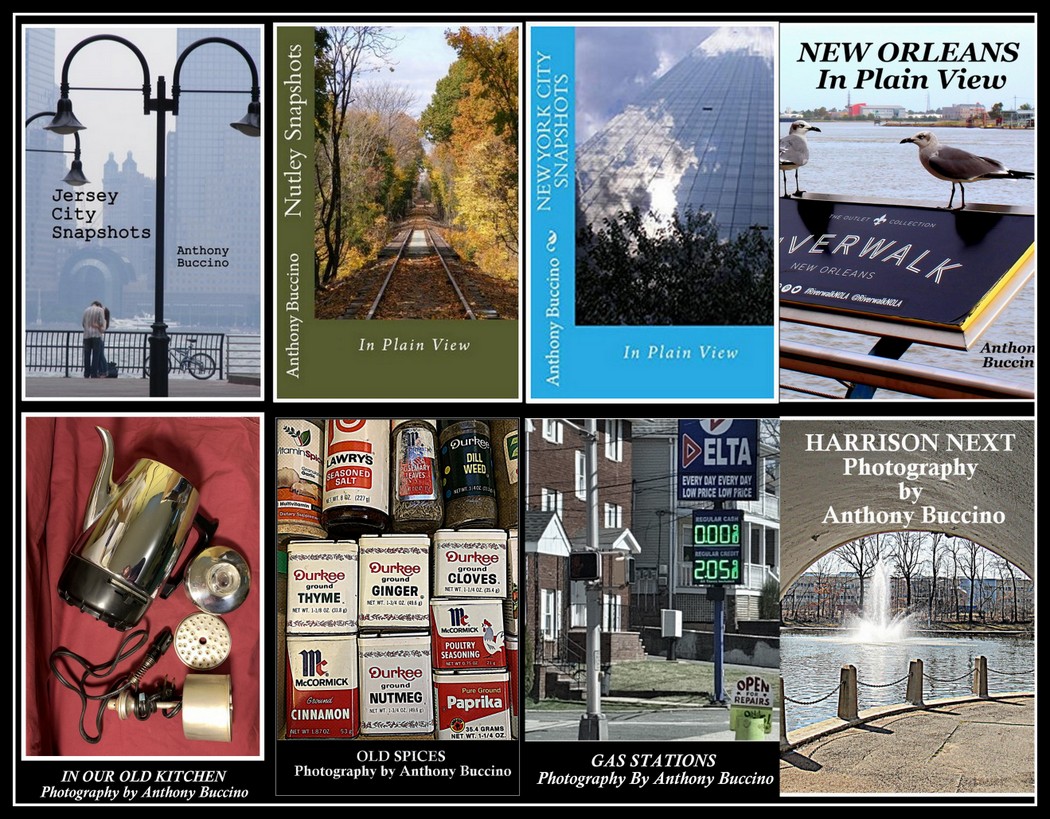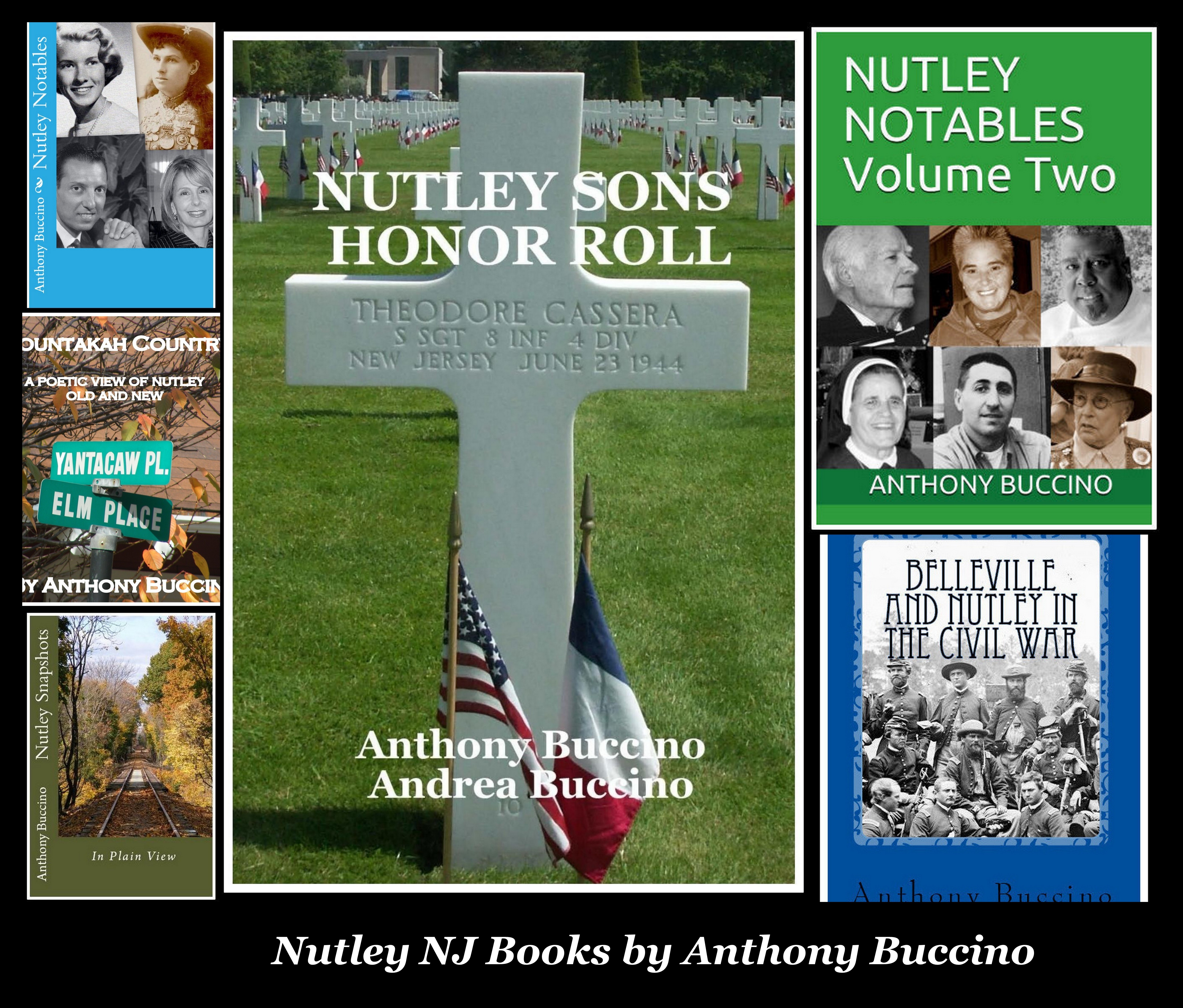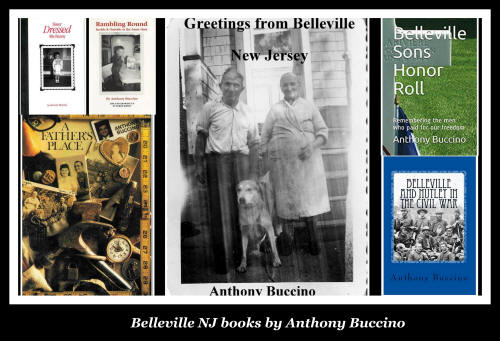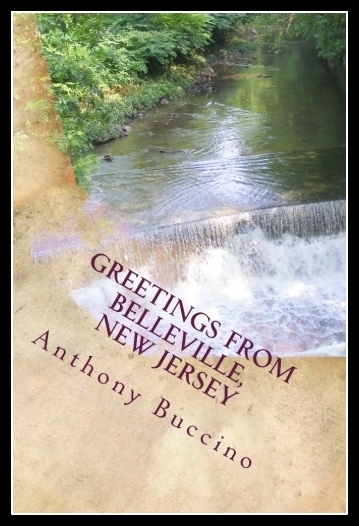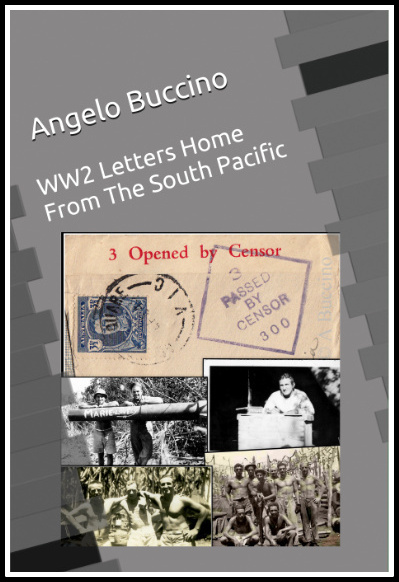Nelson Rummel Recalls D-Day at NormandyOn Landing Craft From 6 a.m. To 3 p.m. To Land On Omaha Beach |
|
|
I would like to convey my experiences during those fateful days of June 1 through June 7, 1944 as I remembered it sixty years later. Preparations for the assault on Fortress Europe began long before June 6, 1944. Company A, 507 M.P. Battalion (V Corps), to which I was assigned, participated in four invasion exercises in southwest England between February and April. On May 14, my platoon was temporarily removed from the roster of the Battalion, and placed on detached service to the 18th Infantry Regiment of the 1st Division (Big Red One)
This was a tightly secured area constantly patrolled by security forces that did not allow anyone to leave. On June 1, we were allowed to leave when we received orders to be transported to the port of Weymouth, where we boarded an LCT (Landing Craft- Tank). This is a box- like, shallow- draft open craft with a hinged ramp for a bow and a platform for a Naval crew on the stern. The LCT contained our platoon, plus a jeep with a trailer, loaded with explosives and the Navy crew. On June 4, the crew received orders to leave the harbor for the rendezvous area. However, a few miles out these orders were countermanded, and we returned to port. At 4 a.m. on June 5, orders were again received to depart, and this time it was for real. Although the storm of the previous day had abated, the weather remained bad with overcast skies and a strong wind causing three- foot waves in a choppy sea. We bobbed about on this unfriendly sea until approximately 6 a.m. of June 6, when we caught sight of Omaha beach shrouded by the smoke of the naval and air bombardment. As the skies lightened (actual dawn was an elusive thing), a sight never before seen and probably not to be seen again met our eyes an armada of ships and small craft in infinite numbers that stretched from horizon to horizon. The noise of battleships and other vessels firing their guns toward the land targets rose and fell. Overall, these sights and sounds boggled the mind and infused a feeling of awe among all who were witnesses to this unprecedented event. At 11 a.m. our craft started its run to the landing area, but heavy enemy shelling forced the crew to abandon the attempt. Finally at 3 p.m., we started what became our final run to the beach. When our craft finally came to a halt and lowered the ramp, we were free to disembark. The sight that greeted us was less than inviting, since the ramp disappeared into the water (which we soon learned came up to our chests) about 100 yards from dry land. The beach extended for only a short stretch before it reached a low sea wall, and then there was a grassy plain for a distance until it rose to some bluffs about one hundred fifty feet high. At this point each of us weighed almost 300 pounds, including our own body weight plus combat boots, steel helmet, web belt (with ammunition, canteen, first aid kit, knife and bayonet attached), plus gas mask, knapsack containing personal items such as underwear, socks, K-rations, and above all (literally at this time, carried above the head out of the water) was the carbine. The walk to dry land was far from easy, with shell holes formed during low tide to be stepped in and man-made obstacles to avoid, ending with us falling on the beach exhausted on the narrow shelf of beach. Thus it was about 4 p.m. that we first set foot on dry soil of France and found ourselves with nowhere to go. The beach was littered with the debris of war and occupied by GIs wounded, dead and ambulatory. Those still able to function were trying to determine how and when they could re-establish their units and move toward their objectives. Our unit found space along the sea wall, where we could stop, take stock of our situation and regroup. The head count showed that we had lost one of our own to enemy fire. At 6 p.m., as we moved from the beach and started heading toward our objective, we noticed enemy shells impacting in a line toward us from the bluffs but fortunately stopping about fifty yards from us. With a feeling of relief, we continued on for about two hundred yards, where we stopped briefly to re-establish our bearings. We resumed our march inland at about 7 p.m., staying on the path that led up one of the gullies in the bluff. Cresting the rise, we continued to our C.P. area, about one half kilometer east of the village of Saint-Laurent-sur Mer, where we dug our foxholes in an apple orchard for an overnight stay. Upon wakening the next morning, we found ourselves pinned down by a sniper who kept raining apple blossoms down on us for most of the morning. Apple Blossom Time by the Andrew Sisters is a song that has always remained in my memory. From this beginning, we continued our way through France, Luxembourg, Belgium, Germany, ending in Pilsen, Czechoslovakia. This part of the journey had its events and episodes, but nothing could approach the experience of the assault on the Normandy beachhead. Sources: An AMVET Recalls D-Day by Nelson W. Rummel was printed January 1994 in New Jersey AMVETS. Reprinted with permission of the author. Ed Stecewicz provided original transcript. It was printed in the Nutley Sun in June 2004 by columnist Vickie Chalk. Reprinted by permission. NOTE: Nelson W. Rummel was born on July 19, 1918, in Nutley, NJ. He was graduated from Washington School in 1932 and Nutley High in 1936.
Biographies about the Nutley sons who died while in service to our country. In the past century, 138 Nutley sons died while in service to our country. World War I took 17. World War II took 92 sons. The Korean War era took 12 sons. The Vietnam War took nine sons, and preserving the peace during the Cold War set its toll at eight Nutley sons. Here, in one source, beyond the names of the fallen, are their stories, and some veterans' stories. Military history, biography Nutley Sons Honor Roll - Normandy Invasion Web Site Read more: D-Day by Anthony Buccino |
ANTHONY'S WORLDAnthony Buccino
Essays, photography, military history, moreNew Jersey author Anthony Buccino's stories of the 1960s, transit coverage and other writings earned four Society of Professional Journalists Excellence in Journalism awards. Permissions & other snail mail: PO Box 110252 Nutley NJ 07110 Follow Anthony Buccino WW2 Letters Home from the South Pacific by Angelo Buccino The Longest Day by Cornelius Ryan 70th Anniversary Edition D-Day Remembered: From the Invasion to the Liberation of Paris The Big Red One: America's Legendary 1st Infantry Division from World War I to Desert Storm Band of Brothers by Stephen E. Ambrose Citizen Soldiers by Stephen E. Ambrose D-DAY June 6, 1944: The Climactic Battle of World War II by Stephen E. Ambrose Pegasus Bridge by Stephen E. Ambrose The D-Day Experience: From The Invasion to the Liberation of Paris - by Richard Holmes The Bedford Boys - One American Town's Ultimate D-Day Sacrifice - Alex Kershaw Saving Private Ryan - by Max Allan Collins resqme Emergency Keychain Car Escape Tool, 2-in-1 Seatbelt Cutter and Window Breaker Lifehammer Safety Hammer - Emergency Escape and Rescue Tool with Seatbelt Cutter
Shop Amazon Most Wished For Items
Support this site when you buy through our Amazon link. |
Shop Amazon Most Wished For Items
Support this site when you buy through our Amazon link. |
|
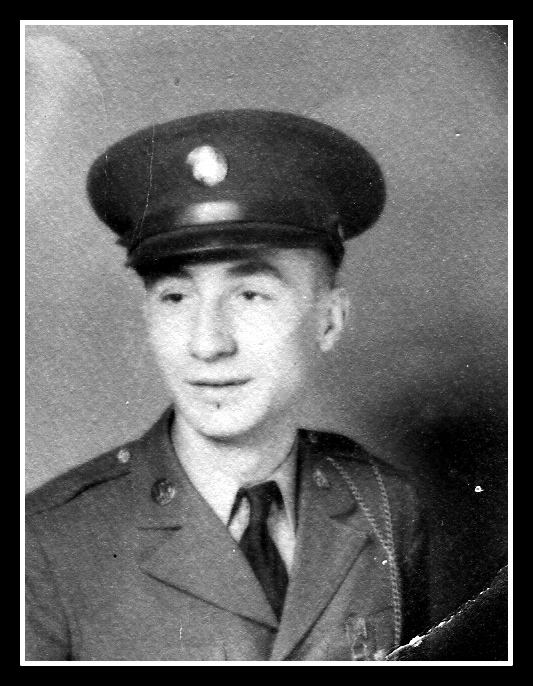 We
were then transported to an assembly area which encompassed the
length of the southern shores of England for a distance of ten miles
inland.
We
were then transported to an assembly area which encompassed the
length of the southern shores of England for a distance of ten miles
inland. 